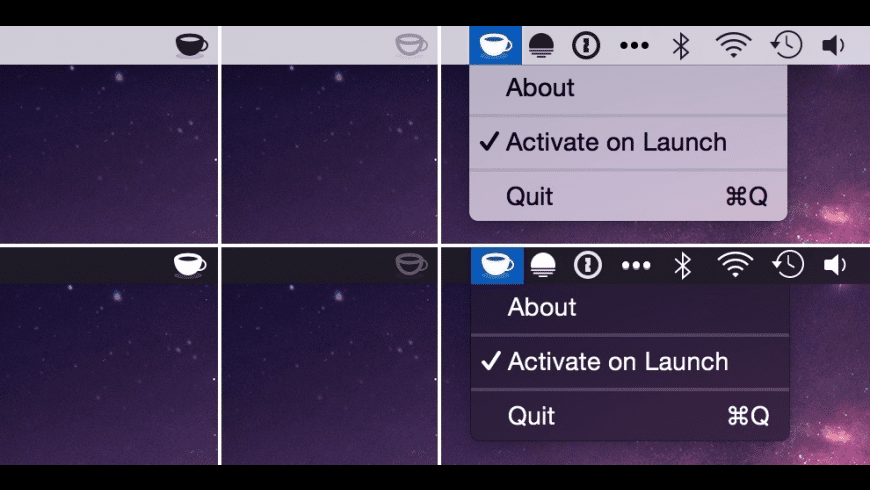
Indicators of sleep disorders may also appear in your gut You may also be more prone to experiencing restless sleep, or find that you’re waking up more often.

If your gut microbiome is struggling to digest tryptophan and turn it into serotonin, you’re likely going to find it much more difficult to feel sleepy when it’s time to head to bed. This can mess with your usual sleep patterns and altering when you’re ready to fall asleep.

Without a diverse gut microbiome (and those key intestinal metabolites), you may not get the amount of serotonin that you need. Higher serotonin levels encourage you to fall asleep, while lower levels leave you feeling more awake and alert. When the brain releases serotonin, it increases “sleep pressure”, or feelings of sleepiness. What does this mean for your own sleep schedule? Well, research shows that serotonin is a must-have brain chemical messenger. The mice experienced more sleep disturbances, struggling to sleep soundly and consistently. In EEGs, the researchers also discovered that the antibiotic-fed mice had trouble sleeping. It appeared that the mice’s bodies were unable to process the tryptophan found in food and properly produce serotonin from it. They had higher levels of tryptophan yet almost no serotonin. After one month, the group that sipped antibiotic water had depleted gut microbiota and far fewer intestinal metabolites – which, in turn, meant that these mice were unable to properly produce the brain chemical messengers they needed.Īs a result of the missing metabolites, the antibiotic-fed mice struggled to produce neurotransmitters. The other group drank regular, antibiotic-free water. One group was fed water with broad spectrum antibiotics, which depleted the mice’s gut bacteria. Researchers divided 25 identical male mice into two groups. A 2020 research study discovered that gut bacteria play a role in the creation of key brain chemical messengers that affect your sleep-wake cycle. In addition to being sensitive to your circadian rhythms, your gut microbiome also exerts influence over your normal sleep patterns. Your gut bacteria shape your sleeping patterns for better or worse And that can lead to even worse sleep, compounding a problem you’re already facing. So, when you aren’t sleeping well, your gut is directly affected. A shift in schedule, like changing when you’re eating and your sleeping patterns, can disturb your gut bacteria, leading to sleep loss, insomnia, and other issues like metabolic syndrome. As a 2019 research review highlighted, changes to your circadian rhythm also directly affect your gut. When you wake, when you eat and when you sleep all affect your gut’s very own internal clock. The most prevalent microorganisms – bacteria like Lactobaillales and Bacteroidales – fluctuate based on the time of day and change in abundance from day to night.Īs your gut bacteria follow your circadian rhythms, they process nutrients differently.

According to that review, the microorganisms present in your gut microbiome actually exhibit circadian rhythms. Yet according to a 2018 research review published in Frontiers in Psychiatry, your gut microbiome can affect just how your circadian rhythm functions. It’s these rhythms that help you fall asleep and wake up at the appropriate times, following the light and dark cycle of the sun. As the CDC explains, your circadian rhythms are internally driven cycles that time your “internal clock” throughout the day. Your gut follows your circadian rhythmsĬircadian rhythms are central to a consistent sleep schedule.

Increasingly more scientific evidence suggests that your microbiome affects your sleep in multiple ways. With such a far-reaching impact, it’s no surprise that your gut and its microorganisms can affect how you’re sleeping.Īnd research confirms that the gut microbiome plays a central role in your ability to drift off to sleep each night. It shapes everything from your brain health to your immunity, your mental health to your ability to lose weight. Your gut – specifically, your gut microbiome – is linked to your overall health. While there are plenty of sleep-stealing culprits that could be at play, your gut might be responsible if you’re having trouble getting to or staying asleep. Whether you’re suffering from insomnia or can’t stay soundly asleep once you’ve snoozed for a few hours, sleep woes can leave you feeling just plain terrible the next morning. Little is as frustrating as spending hours awake in bed, unable to do anything other than stare at the ceiling. Get access to everything we publish when you


 0 kommentar(er)
0 kommentar(er)
